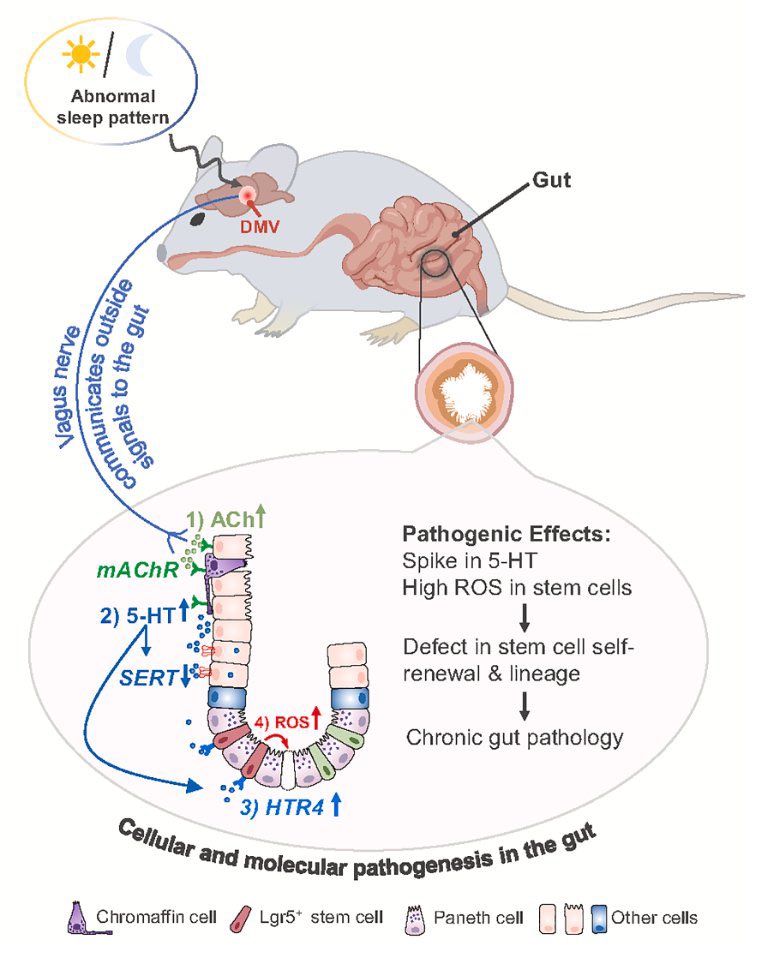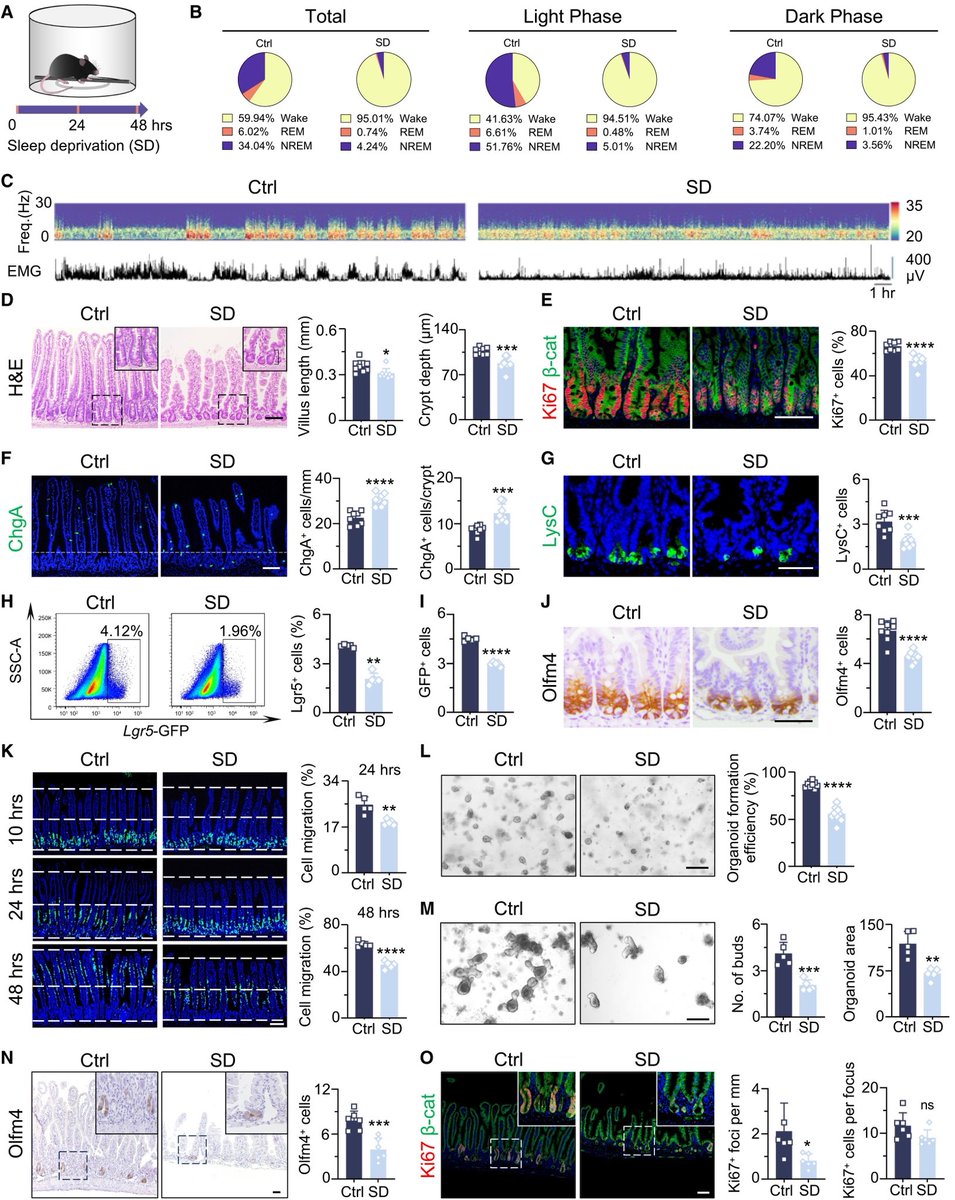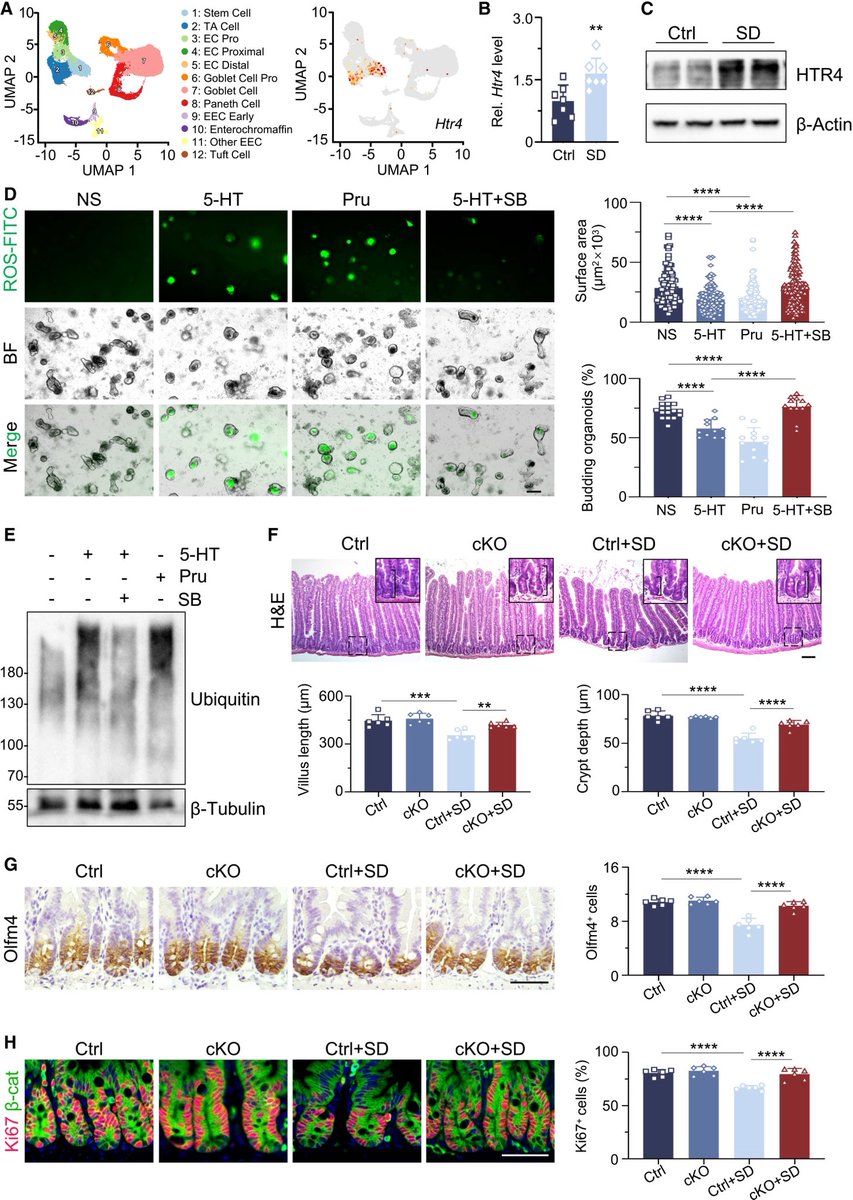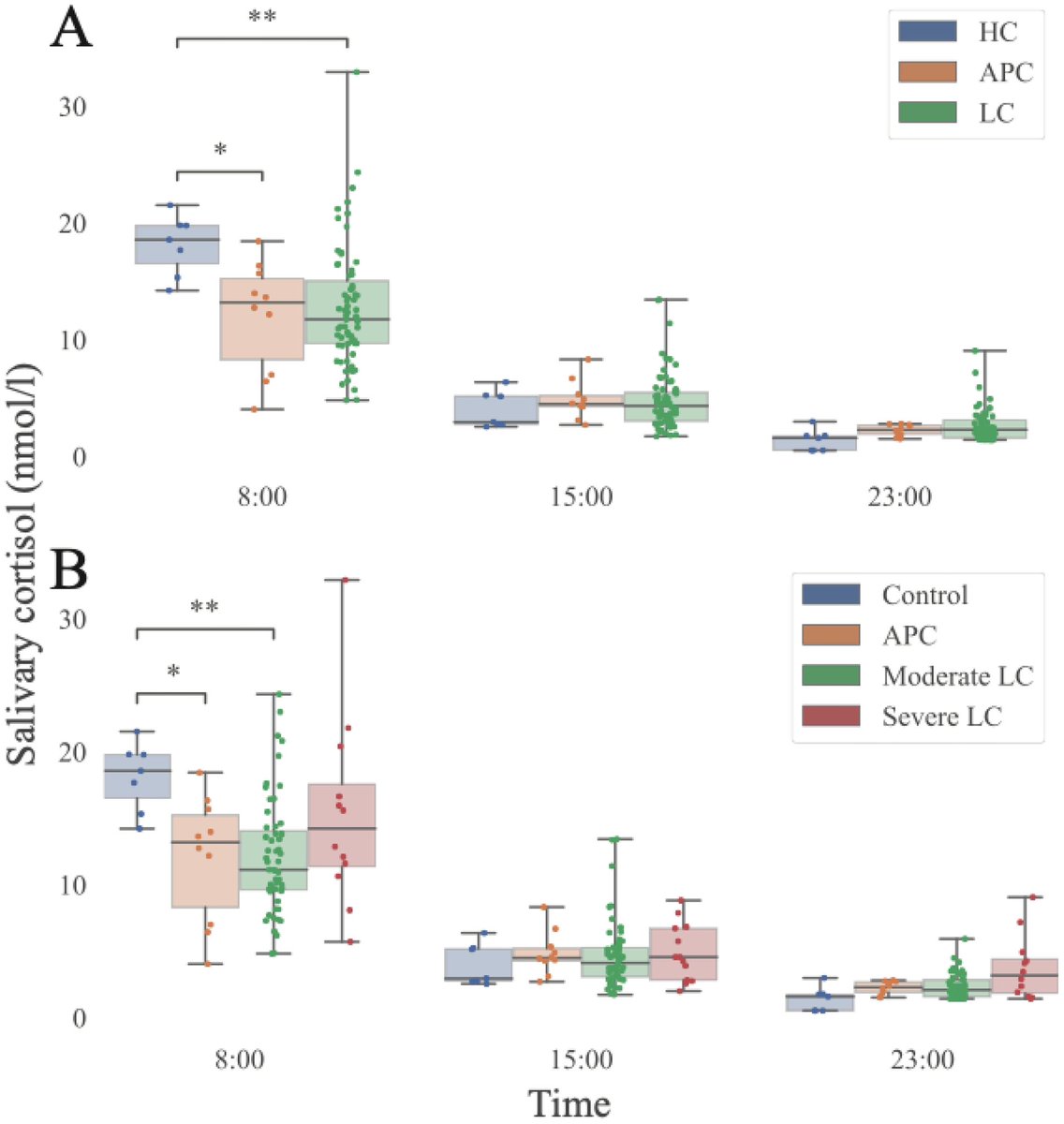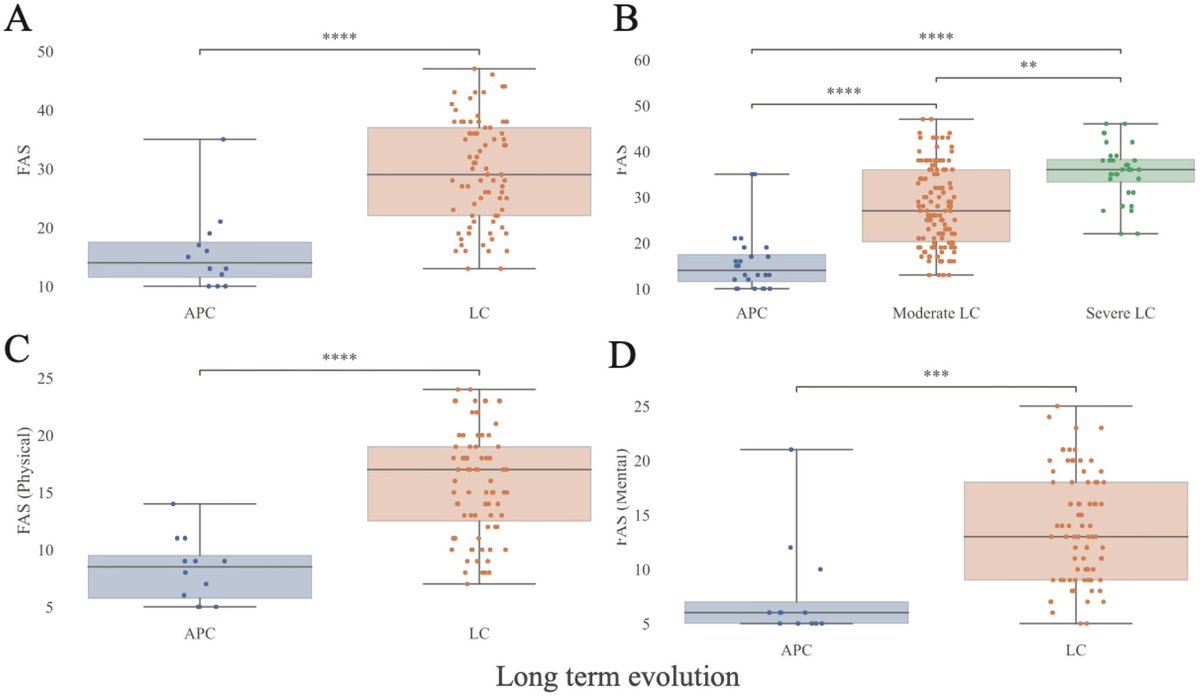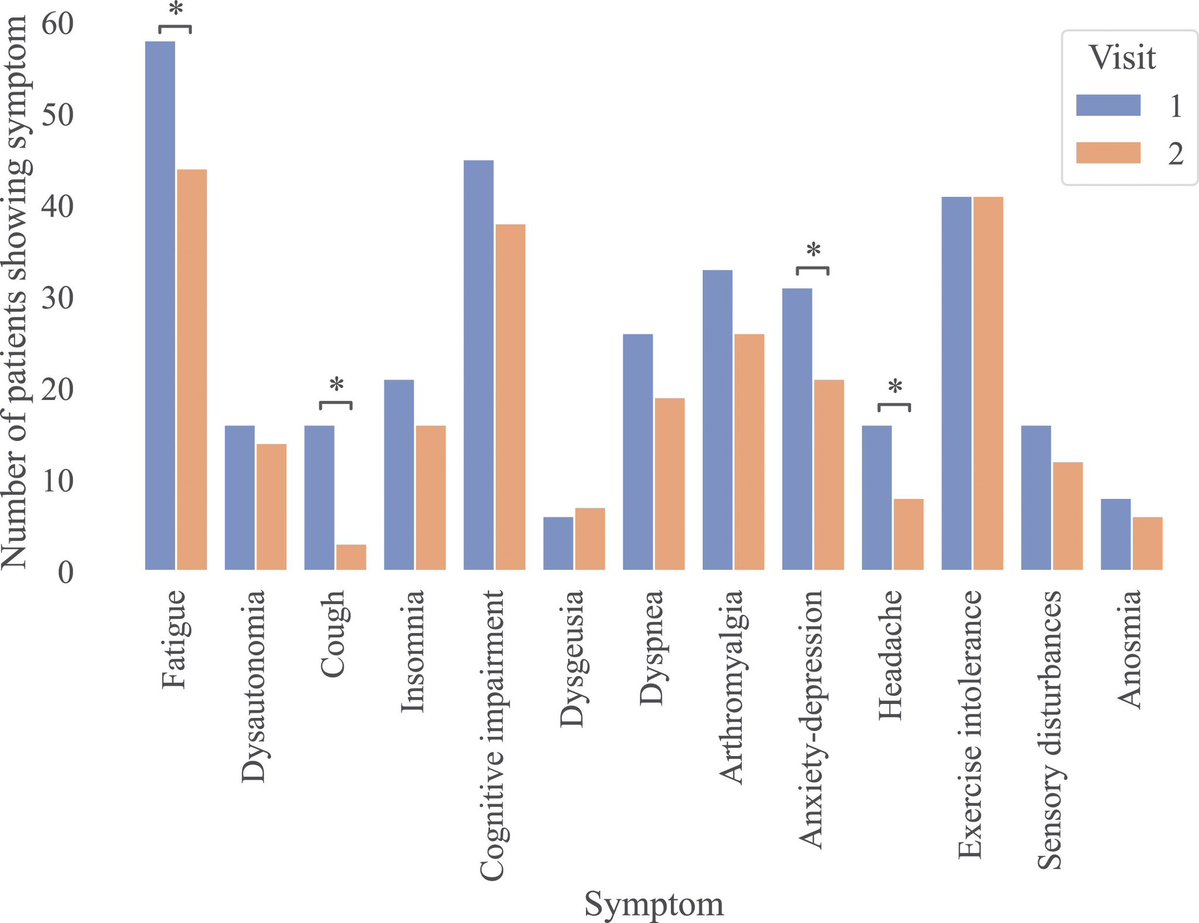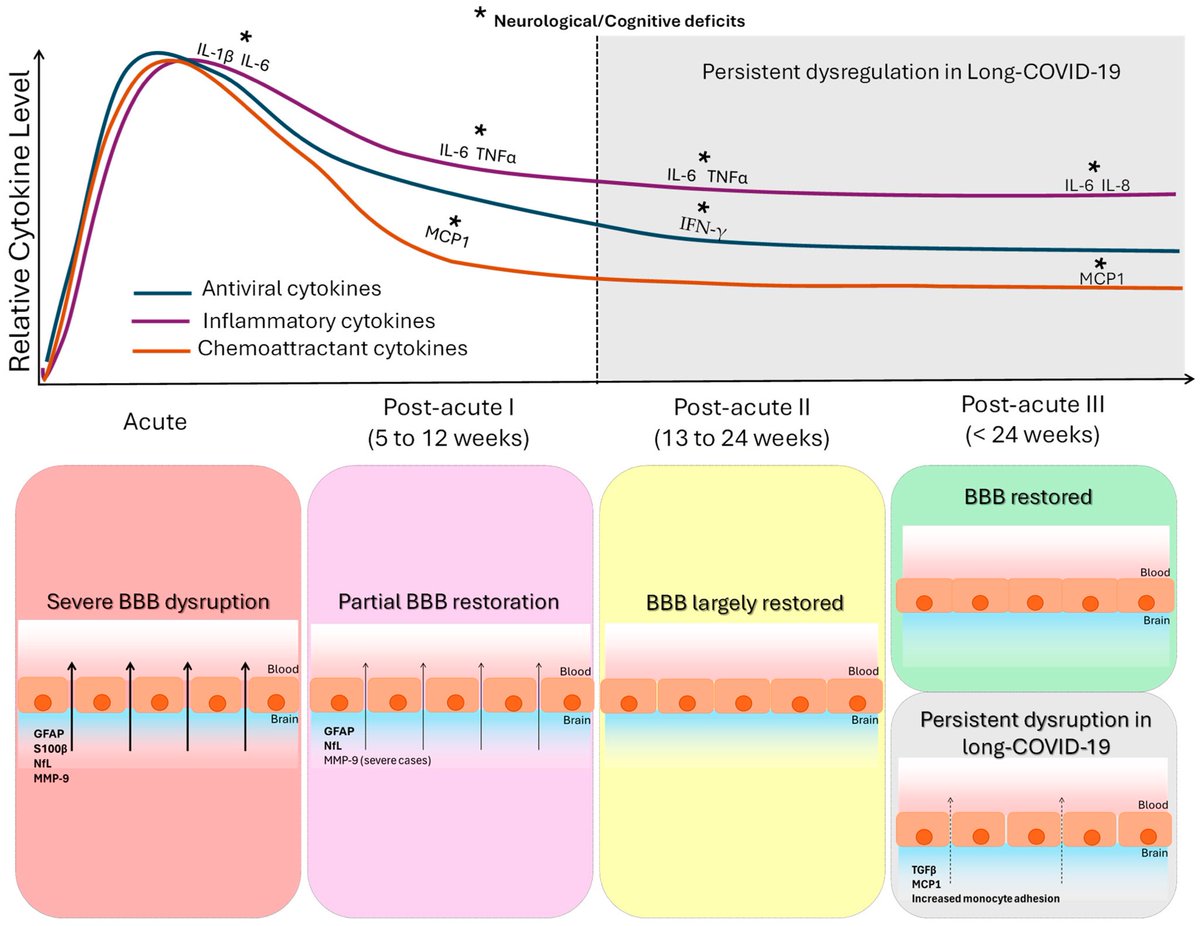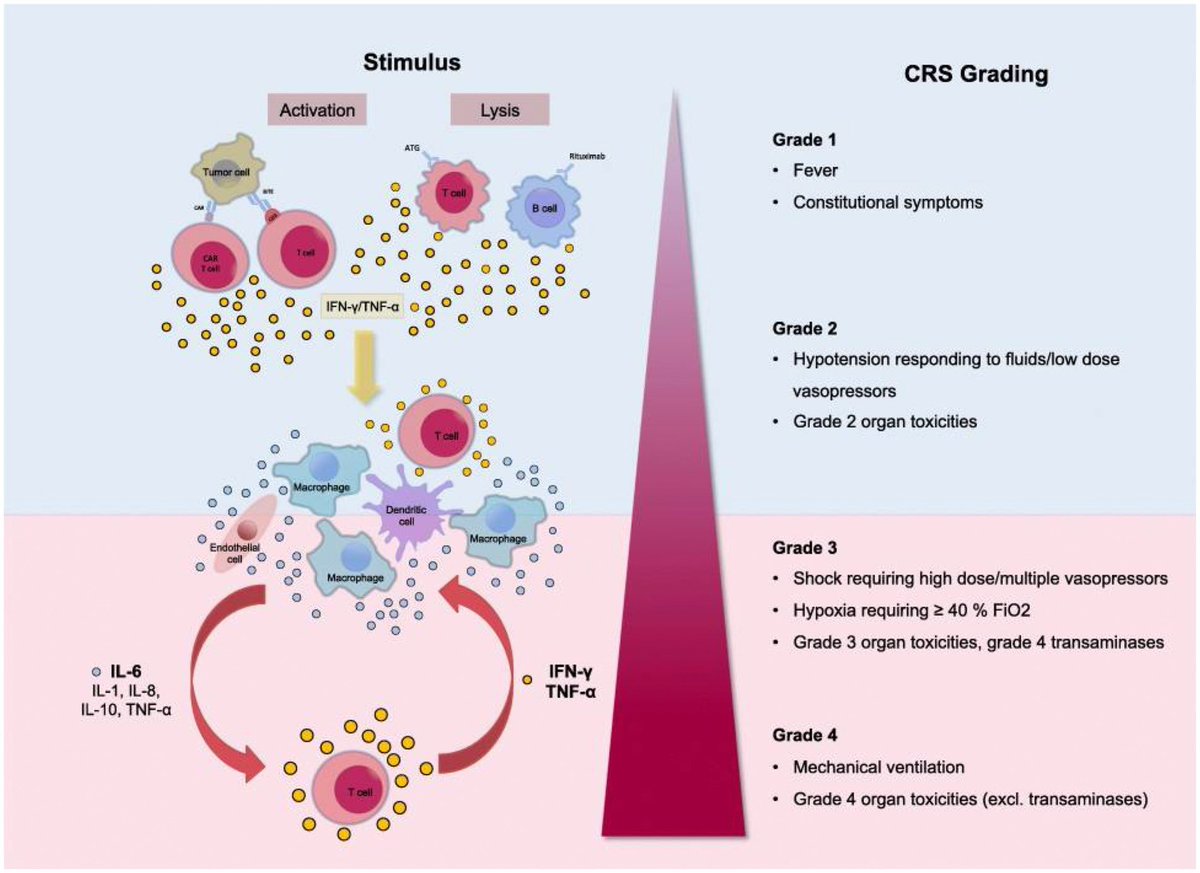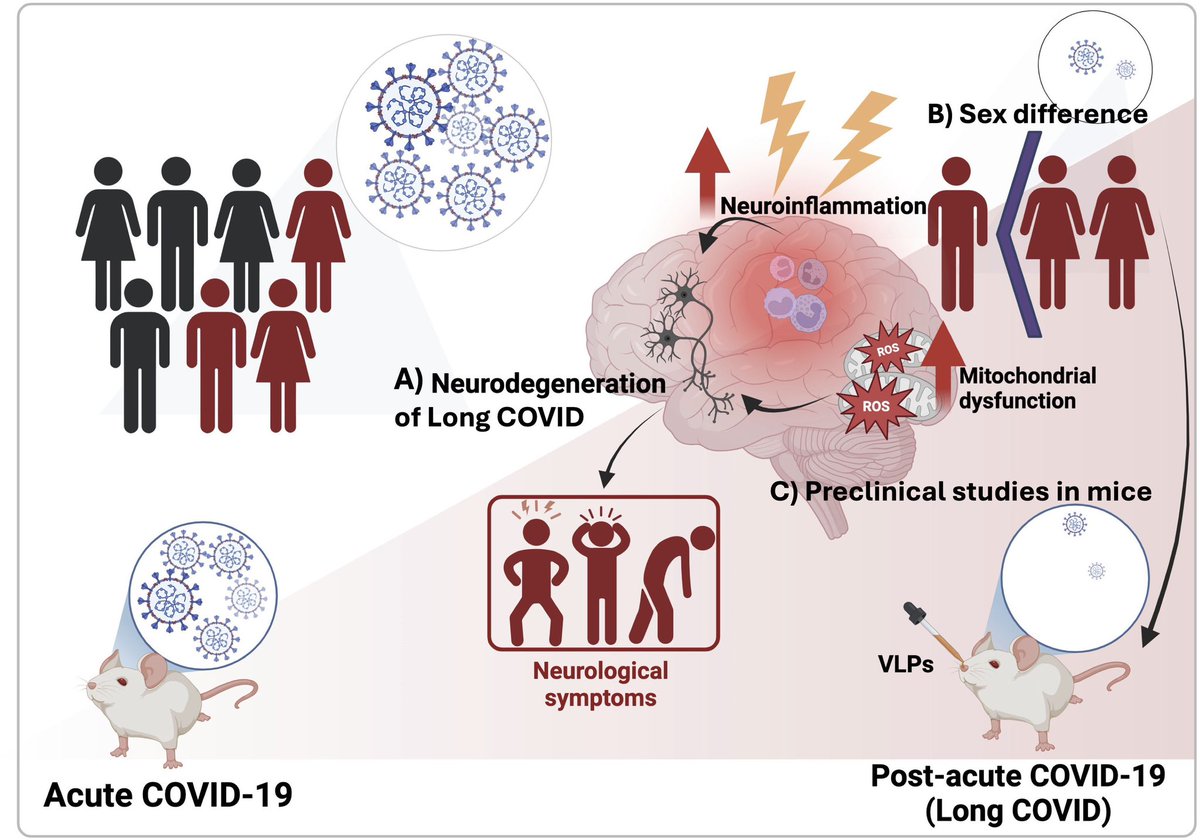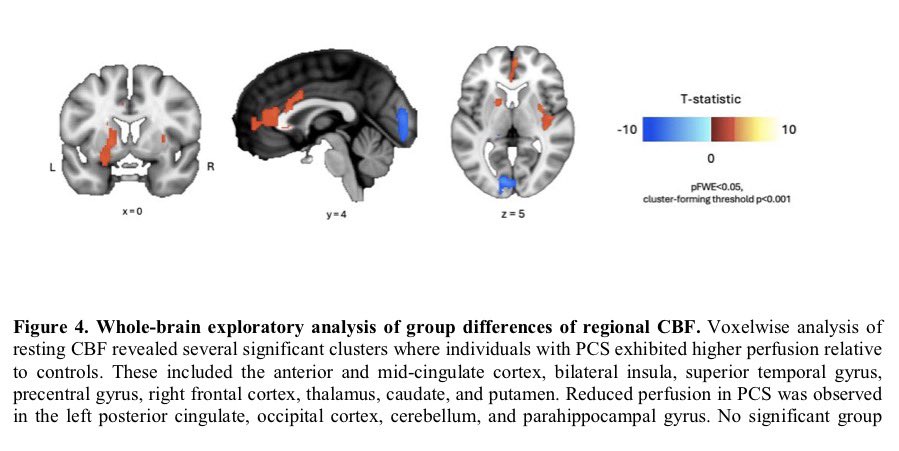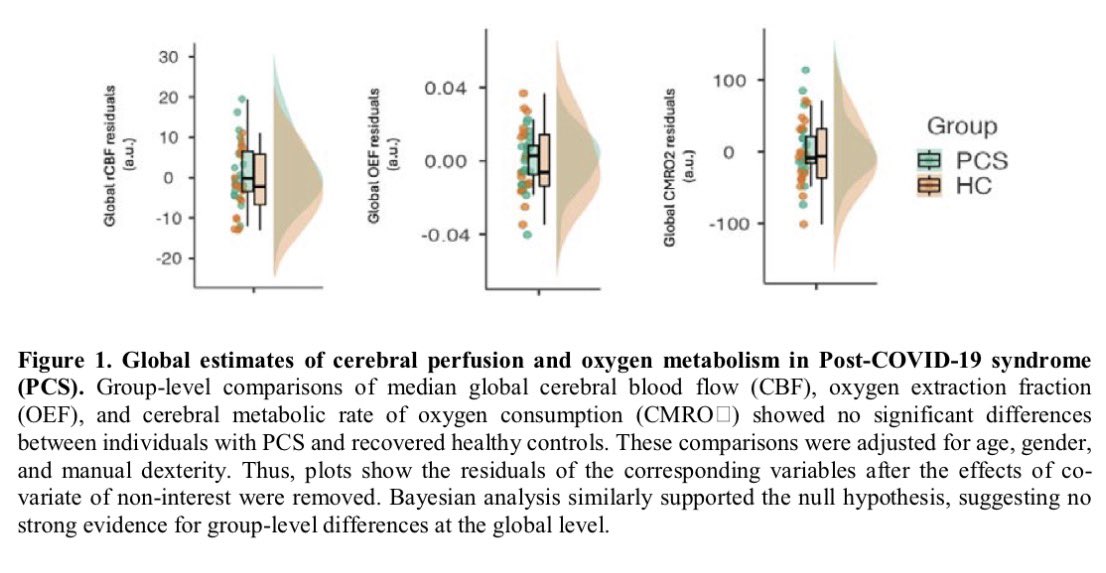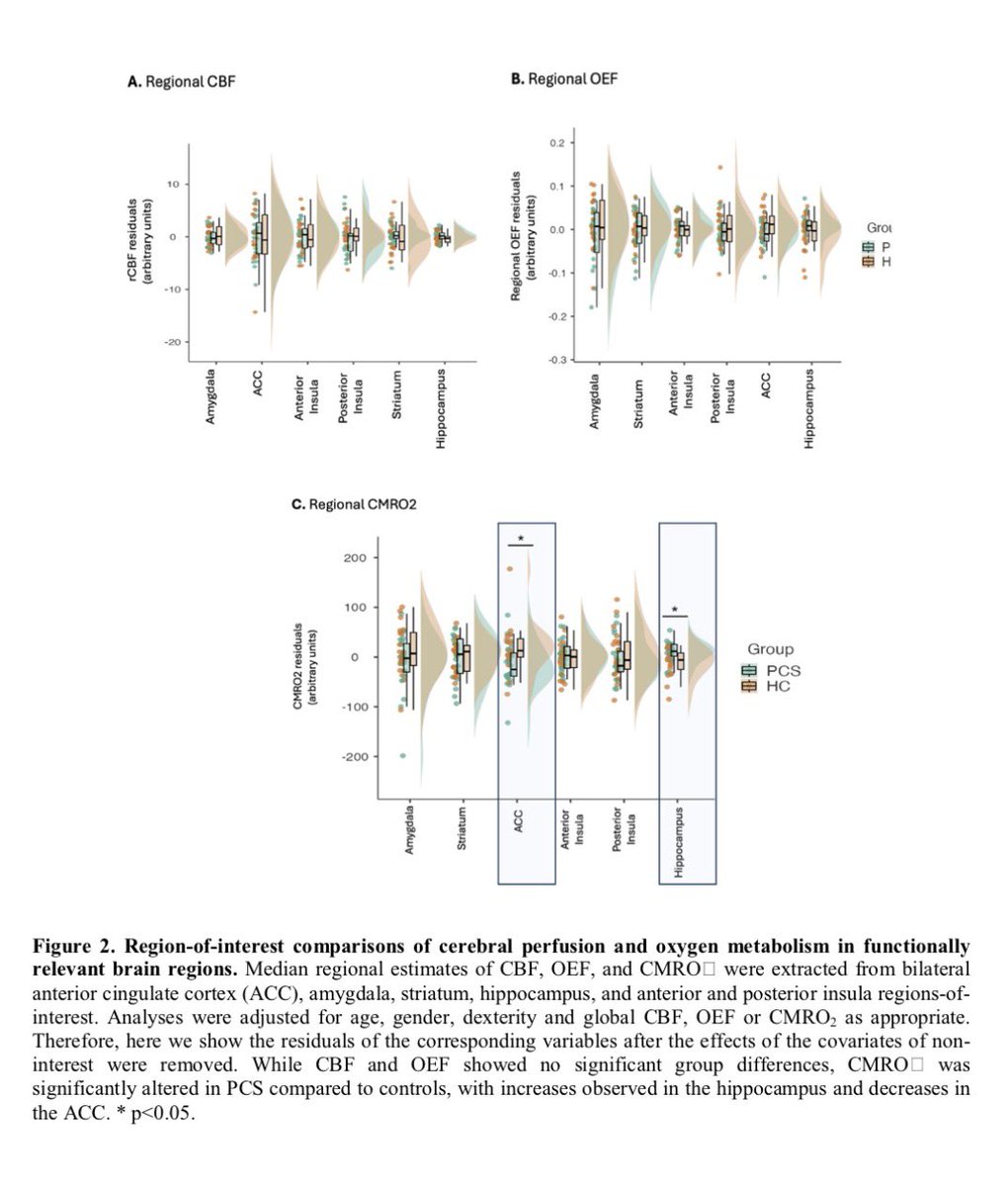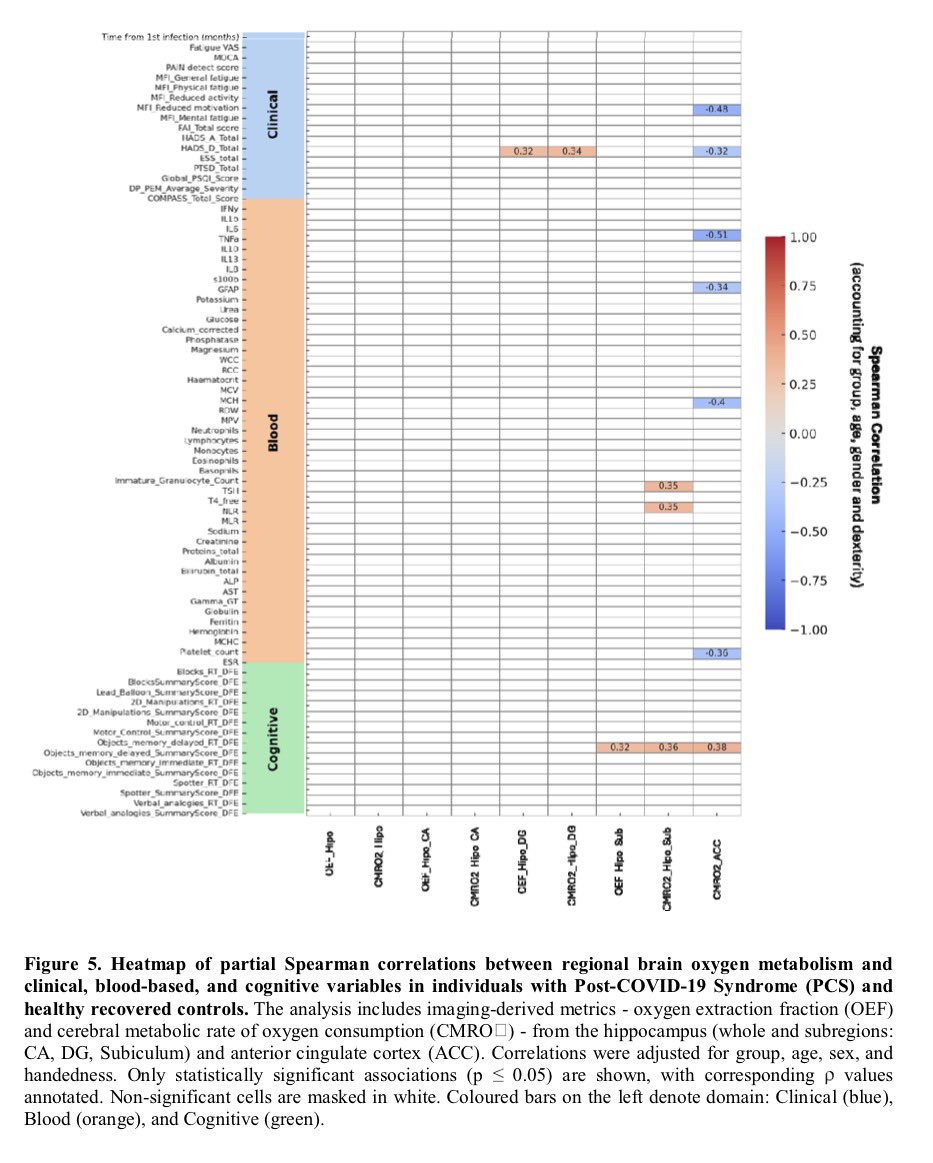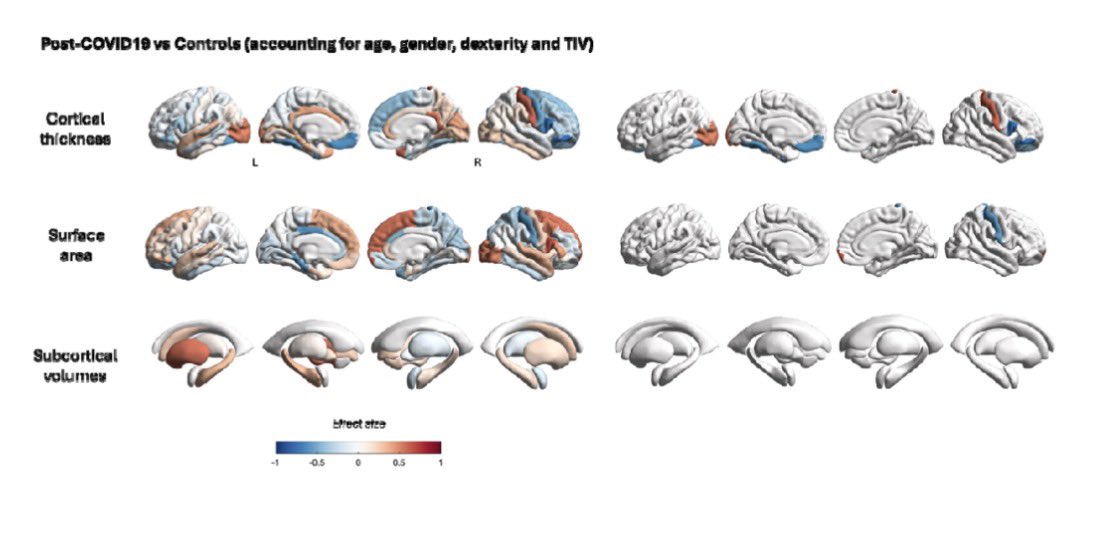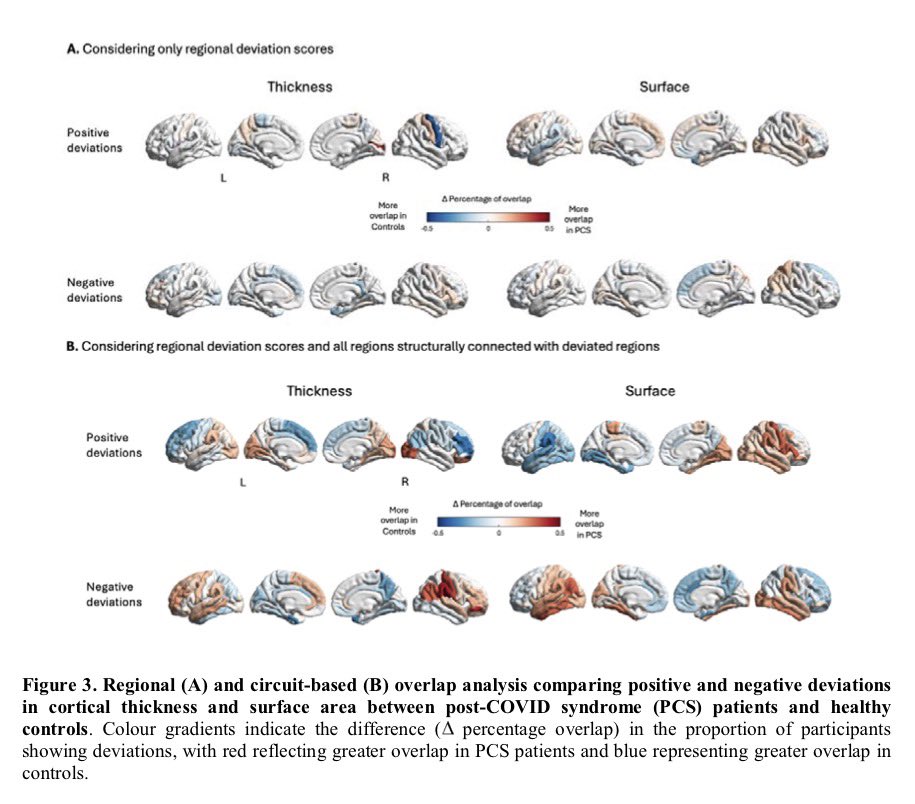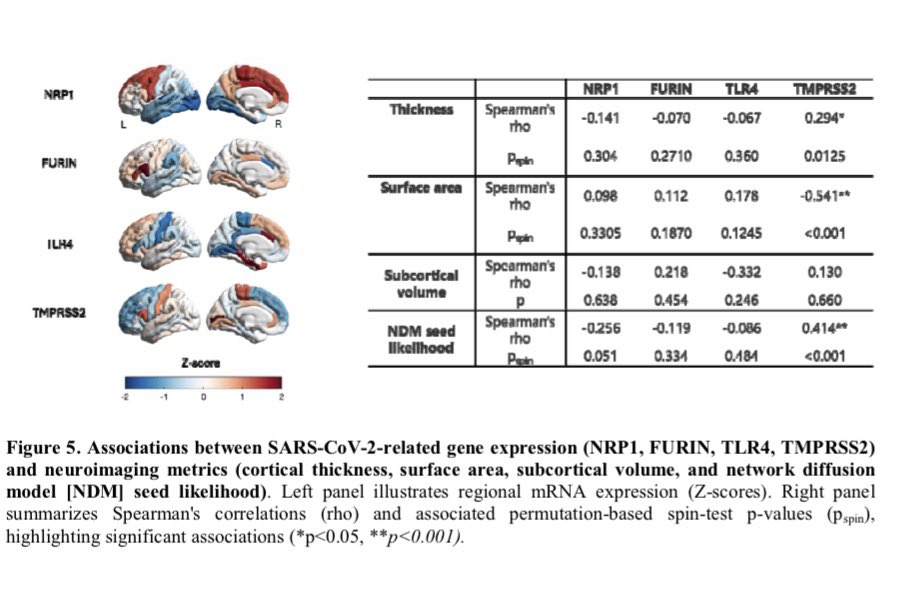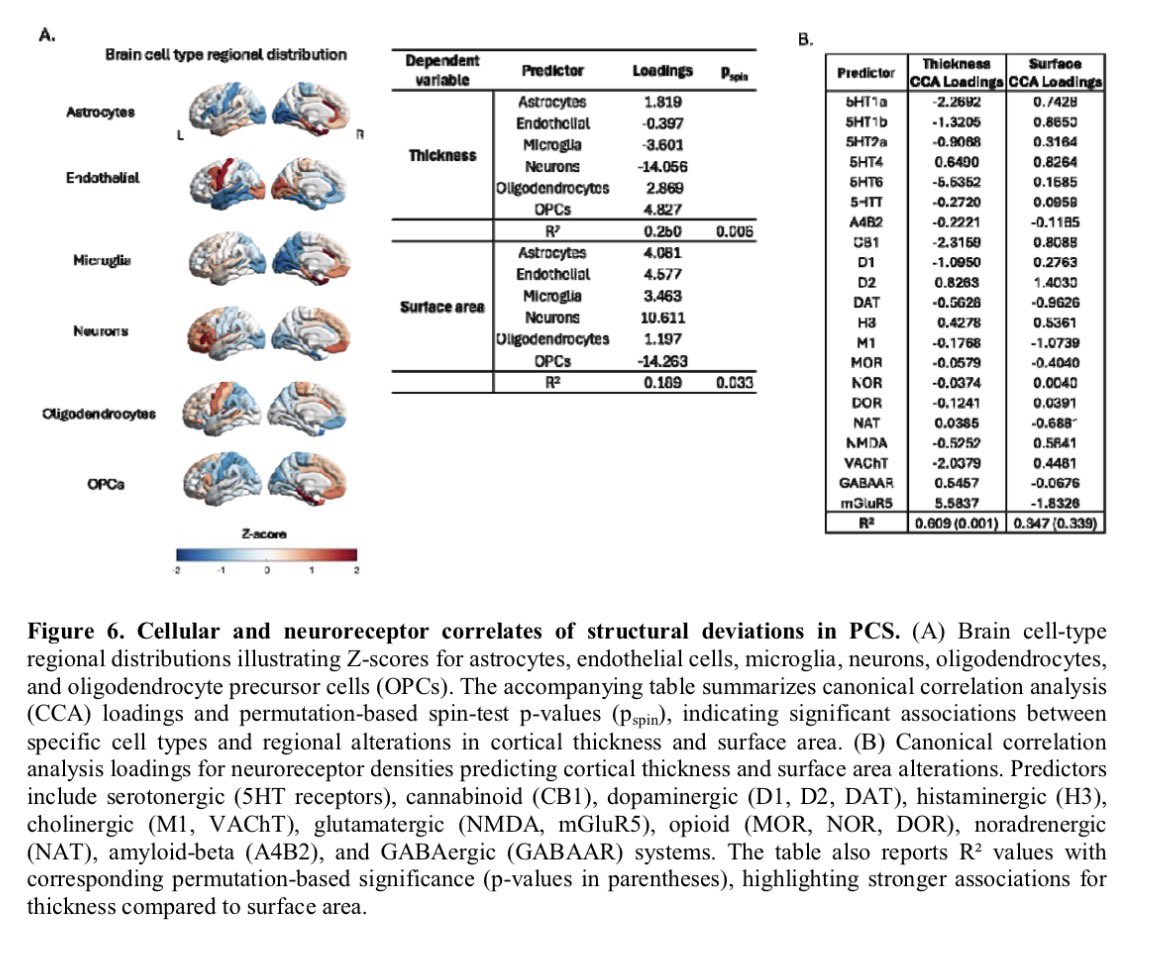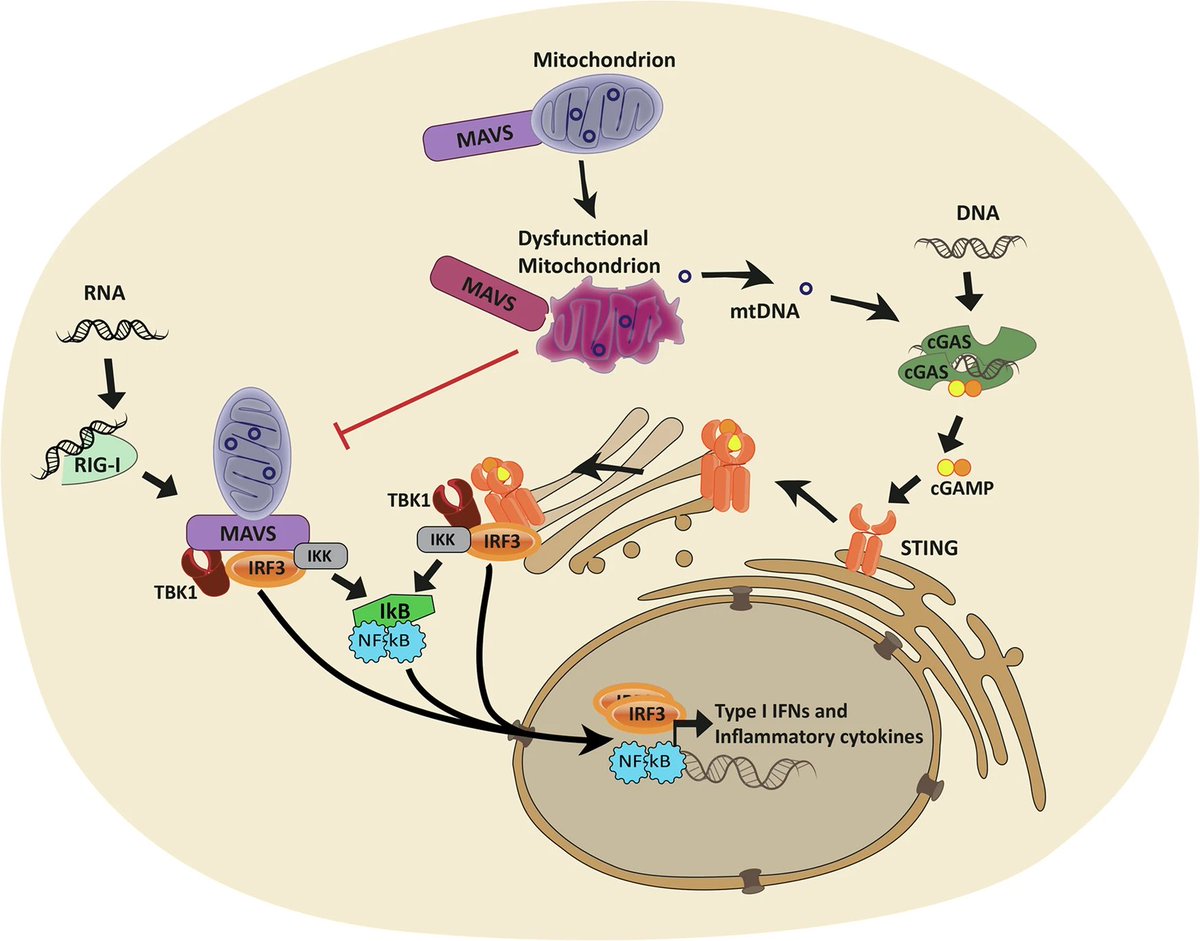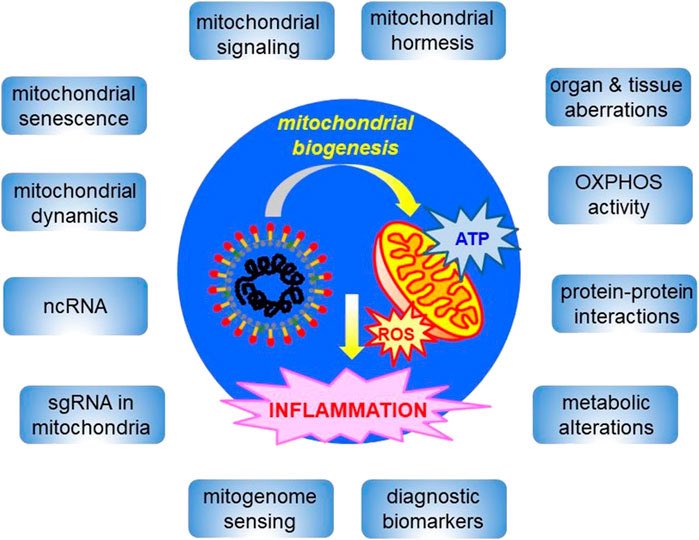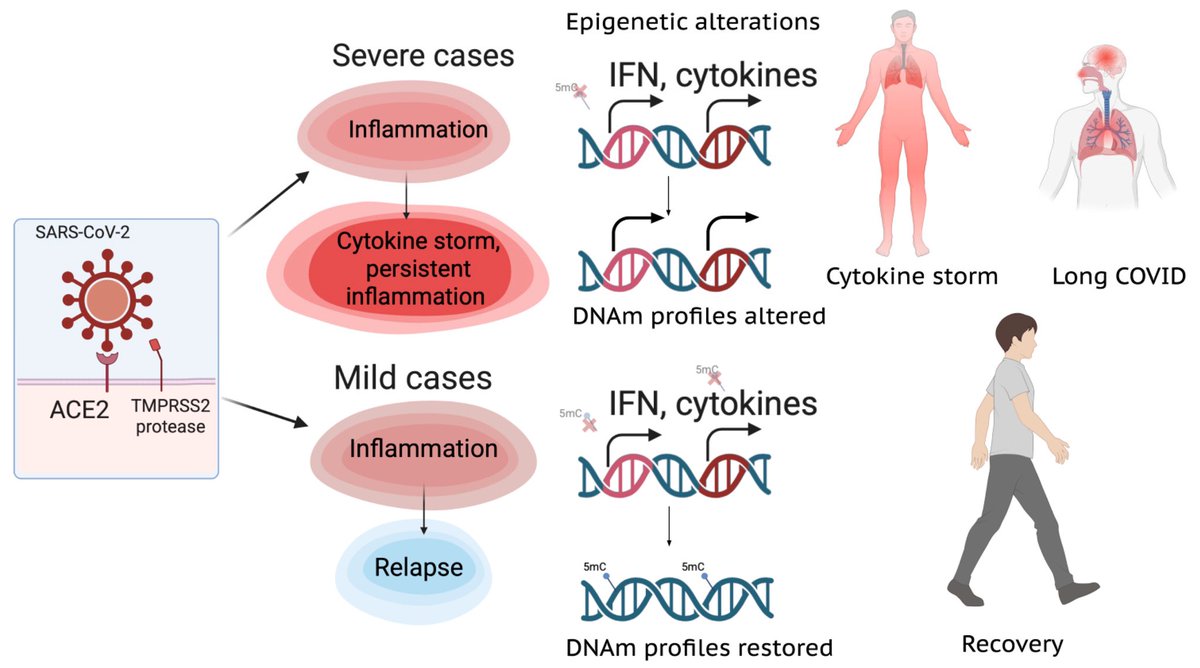#Moderna says its vaccine shows durable 93% efficacy through 6 months.
Final analysis (median follow-up 5.3 mo):
-Against COVID19: 93.2%
-Against severe COVID19: 98.2%
-Against death: 100%
(Note: All data prior delta) 1/
Final analysis (median follow-up 5.3 mo):
-Against COVID19: 93.2%
-Against severe COVID19: 98.2%
-Against death: 100%
(Note: All data prior delta) 1/

Further break down of #Moderna efficacy by 2-month segments post 2nd dose; at month 4+, efficacy is 92.4%
#Pfizer vax (by months 4-6) efficacy is 84% - though against severe disease maintains 97%. 2/
#Pfizer vax (by months 4-6) efficacy is 84% - though against severe disease maintains 97%. 2/

Yet it expects antibody levels will start to wane, and with #delta there will be an increase in #breakthrough infections in fully vaccinated; it sees need for #boosters 3/ 

#Moderna says lab studies show a booster with half the dose of its #covid19 vaccine increases antibody levels against #delta by 42-fold. 4 

#Moderna reports top-line findings from phase 2 study of #booster shot, noting neutralizing antibody titers had waned significantly by 6 months; Safety profile of dose 3 was similar to that of dose 2. 5/ 



The @WHO yesterday called for a moratorium on #boosters until September to enable countries that haven't had vaccine access to be able to administer first shots. 6/
https://twitter.com/vipintukur/status/1422938841275568130?s=21
But all these data are prior #Delta. So, we should take these results with a pinch of salt.
Probably, they're expecting a sharper drop in VE when the full effects of Delta are reflected in the coming months 7/
investors.modernatx.com/news-releases/…
Probably, they're expecting a sharper drop in VE when the full effects of Delta are reflected in the coming months 7/
investors.modernatx.com/news-releases/…
Few countries have already decided to give a booster of Covid vaccines………Israel, France & Germany. 8/
forexlive.com/news/!/frances…
forexlive.com/news/!/frances…
• • •
Missing some Tweet in this thread? You can try to
force a refresh


